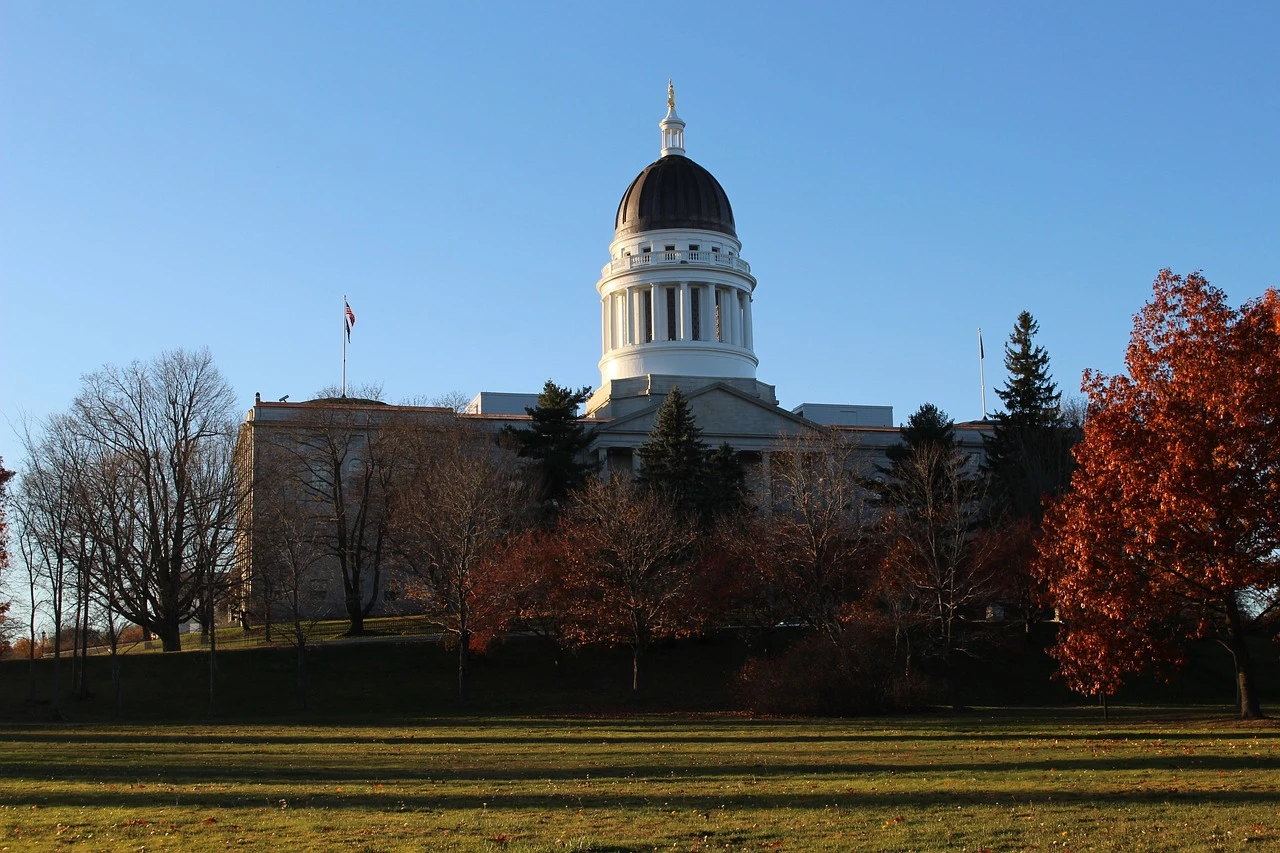Players in Maine spent $44.0m (£34.5m/€40.2m) betting on sports in December, while the Pine Tree State’s two licensed operators – DraftKings and Caesars – generated $4.4m in adjusted gross receipts.
Total handle for December amounted to $44.5m. This was 18.4% higher than the $37.6m spent in Maine during November, the state’s first month of legal betting.
Maine launched its regulated market on 3 November 2023, with December being the first full month of legal sports wagering.

Bettors won $39.9m from betting in December. After discounting these winnings, $107,478 in federal excise and $132,376 worth of voided and cancelled bets, adjusted gross receipts of $4.4m were left. This was 4.4% lower than $4.6m in the opening month.
The State of Maine Gambling Control Unit added that legal betting generated $437,884 in tax. Both DraftKings and Caesars pay tax at a rate of 10% of adjusted gross receipts.
DraftKings the Maine player
So far, DraftKings has been the more successful of Maine’s two licensed operators. During December, it posted $4.1m in adjusted gross receipts from $35.4m in bets.
Maine players won $31.1m from betting with DraftKings, while the operator paid $85,129 in federal excise tax and $410,969 in other tax.
Turning to Caesars, the operator reported $269,154 in adjusted gross receipts off a handle of $9.1m.
Player winning for December amounted to $8.8m. Caesars also paid $22,349 in federal excise tax and a further $26,915 in other tax.
Tribal partnerships for DraftKings and Caesars

DraftKings operates in Maine via a partnership with the Passamaquoddy tribe. Caesars, meanwhile, works with three of the Wabanaki nations: the Houlton band of Maliseet Indians, Mi’kmaq nation and Penobscot nation.
Bill LD 585, which was signed by Governor Janet Mills in May 2022, permits both retail and online sports wagering. However, internet sports wagering can only be run by approved tribes in the state.
Tribes can apply for a licence to operate online betting. They may also partner one online operator each.




